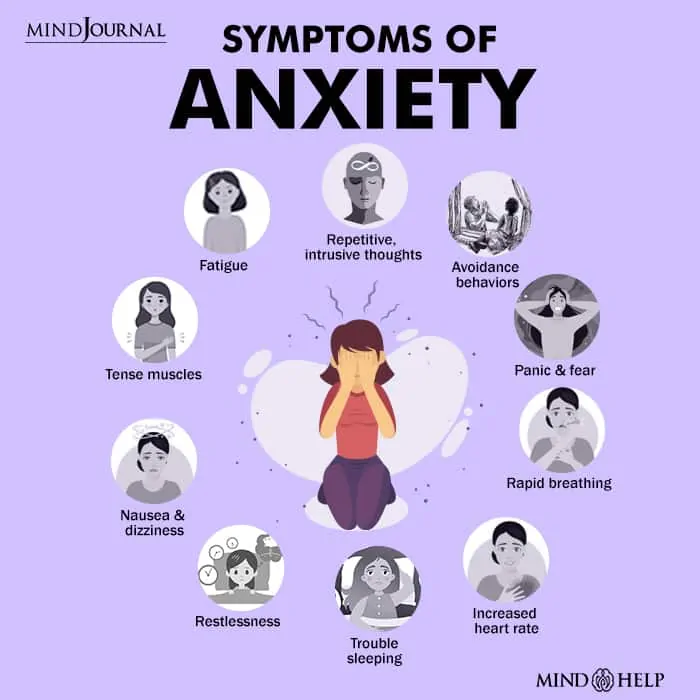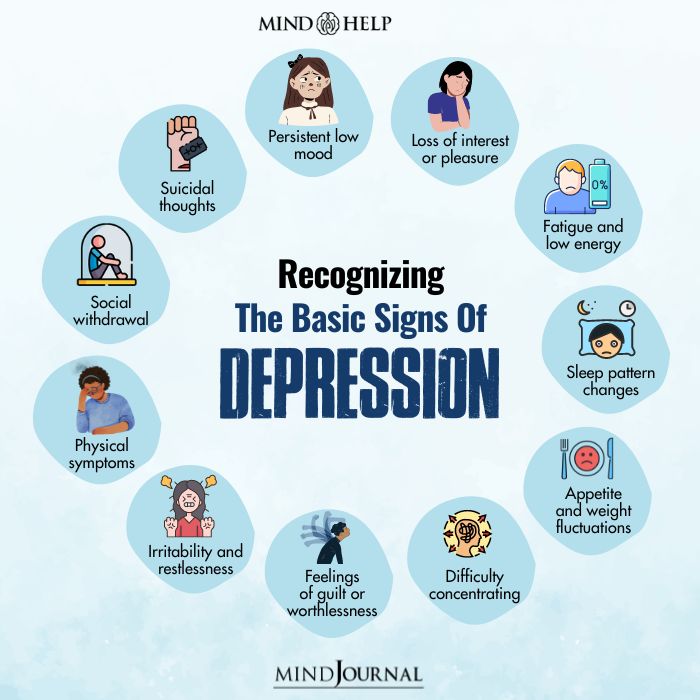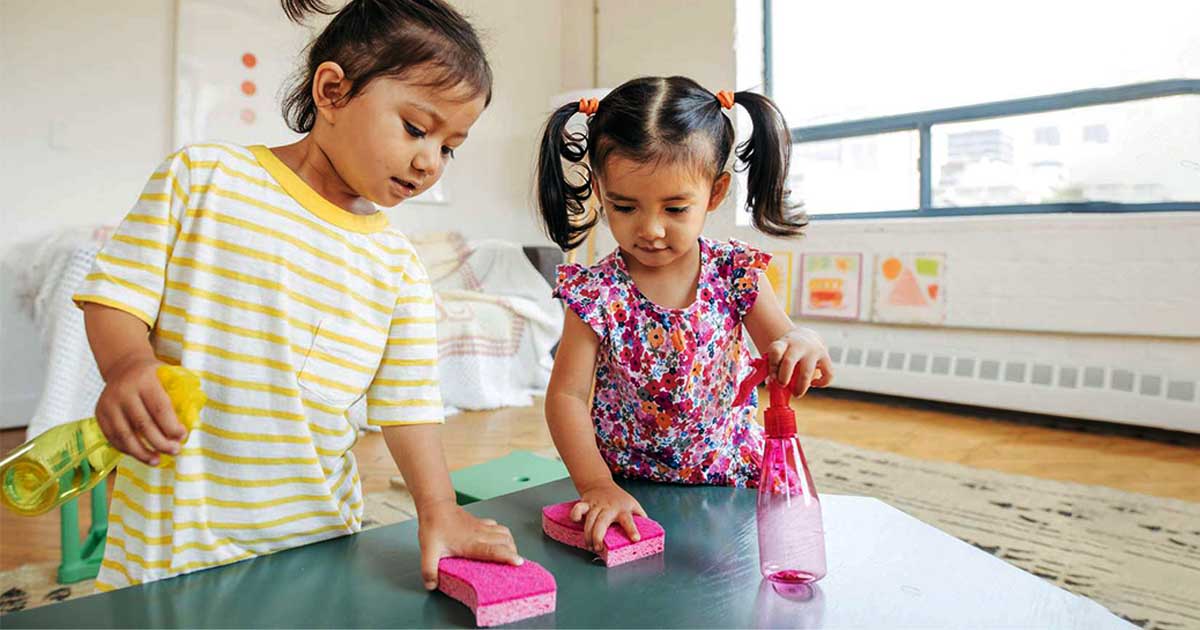As parents, we are the emotional pillars on which children build their foundation for a strong future. But that foundation becomes shaky when kids cannot predict when and how we as parents will react. It’s kind of like walking on eggshells.
The concept of eggshell parenting may have gained popularity from TikTok but it has been part of parenting discussions long before. Dr. Kim Sage, a California-based practicing psychologist coined the term ‘eggshell parenting’ on her Tiktok account.
In this blog, we will break down the concept of this parenting style and the harmful eggshell parenting effects on children. We will also give you some tips to help you stop this ‘harmful’ approach to parenting.
But first, let’s look at what Dr. Sage and other parenting experts describe as the eggshell parenting style.
What Is Eggshell Parenting?
In several videos uploaded to TikTok, Dr. Sage describes this parenting style as ‘Kids trying to walk on a path made of eggshells.’ It is a parenting style characterized by inconsistency and unpredictability from parents.

This style often results in children experiencing stress due to not knowing how their caregiver will react from one moment to the next, which can lead to a range of negative outcomes, including attachment issues and potential mental health or self-esteem concerns.
According to Dr. Toya Roberson-Moore, psychiatrist and associate medical director at Pathlight Mood & Anxiety Center, short-term outcomes of eggshell parenting can include acute stress symptoms in children such as social withdrawal, fearfulness, and hyperarousal.
In an interview on CBS Talk Pittsburg, Stephanie Wijkstrom, of The Counseling and Wellness Center of Pittsburgh says ‘Although the term is new, the style has had a different clinical name.’
According to Wijkstrom, this parenting style is the tell-tale sign that parents may be suffering from Borderline Personality Disorder, Narcissistic Personality Disorder, and a range of other mental health issues.
In the same interview, she also calls out this style of parenting ‘straightforward abuse from parents.’ To better understand the concept of what is eggshell parenting, let’s take a look at an example.
Read More: 6 Signs of Narcissistic Parenting and How It Shapes A Child’s Future!
Eggshell Parenting Examples As Seen In Movies
An example of eggshell parenting can be seen in the movie Matilda (1996). In the movie, the character Matilda is a bright young girl with an extraordinary intellect, who finds herself at odds with her neglectful and self-centered parents, Mr. and Mrs. Wormwood.

The Wormwoods show an indifference to Matilda’s educational pursuits and their general disregard for her well-being. It is a stark depiction of a household where a child’s emotional and intellectual needs are constantly ignored.
This environment forces Matilda to navigate her family dynamics carefully, similar to that of eggshell parenting. Kind of like walking on eggshells to prevent the Wormwoods from being triggered.
The film, through its portrayal of Matilda’s resilience and how she deals with everyday issues at home. I suggest that as parents you should watch this movie as it will show the difficulties that little children face when their parents are emotionally not well.
Read More: How to Raise a Child with Autism: 5 Vital Tips and Examples!
5 Alarming Eggshell Parenting Effects
The following are some of the most harmful effects of the eggshell parenting style:
1. Children learn to not love themselves
In the CBS Pittsburgh interview, Stephanie Wijkstrom says that this narcissistic parenting style can teach children not to love themselves. According to her, the constant bereavement of parents shows children they are not worthy of their parent’s love.
According to further research, children in such environments may often feel invisible or valued only for their achievements rather than for who they are. This can lead to a host of issues, including crippling self-doubt, as they grow up not trusting their feelings or developing a solid sense of self.
According to Karyl McBride, a licensed Marriage and Family Therapist in Denver, says that children raised in these households might struggle with emotional emptiness, manipulation, and a lack of nurturing. This can stifle their emotional development and ability to form healthy relationships.
2. Children Develop Adjustment disorders
Children require love, empathy, and understanding from their parents. They look to us to be their emotional guardian. But the constant criticism as seen in the movie Matilda, shows that children could develop adjustment disorders.
Stephanie Wijkstrom, of The Counseling and Wellness Center of Pittsburgh, says that the ‘abuse’ that children receive from their parents can lead to adjustment disorders.
These disorders are characterized by an excessive or prolonged reaction to a stressor, such as the constant tension and unpredictability in a household dominated by eggshell parenting. Children may exhibit symptoms such as anxiety, depression, and changes in behavior or performance at school.
According to Dr. Sage, the lack of a nurturing and stable environment can stifle children’s emotional growth, leaving them ill-equipped to handle the stresses of everyday life and transitions, which are typical triggers for adjustment disorders.
Read More: Shadows Of The Narcissist: 9 Subtle Behaviors In A Child
3. Likelihood Of Anxiety Increases
Children may develop anxiety due to the narcissistic nature of what is eggshell parenting. This happens because parents often show unpredictable reactions and high levels of emotion, making children feel like they must be very careful with their actions and words to avoid upsetting their parents.

In such families, parents might focus more on their feelings and needs, sometimes without realizing how it affects their child. Children might feel like they need to take care of their parent’s emotional well-being, which can be very confusing and stressful for them.
To help reduce this anxiety, families need to communicate openly and kindly, and for parents to acknowledge their children’s feelings and experiences. Seeking help from professionals who understand family dynamics and how to build healthier relationships can also be very beneficial for both parents and children.
4. Your Child May Suffer From Depression
Psychologists highlight that the continuous need for children to adapt to their parents’ fluctuating emotions and reactions can lead to long-term detrimental effects on their mental well-being.

Children raised in such environments may struggle with regulating their emotions, heightened sensitivity to criticism or conflicts, and a pervasive sense of loneliness and caution into adulthood.
According to Dr. Toya Roberson-Moore, the cycle of eggshell parenting, may be perpetuated from one generation to the next. This means that if you have been raised by eggshell parents, there is a higher likelihood that you may be an eggshell parent yourself.
Dr Roberson-Moore, says that parents need professional and psychological help to mitigate this style.
5. High Likelihood of Substance abuse
One of the most harmful impacts that the abuse from eggshell parents has on children is that kids are more likely to grow up to suffer from substance abuse. As discussed, eggshell parenting effects on children include a host of serious mental health issues.
According to several experts including Dr. Sage, stress, anxiety, and the potential for complex post-traumatic stress disorder (C-PTSD) can contribute to maladaptive coping mechanisms in children, including substance abuse.
Children require support from parents and this lack of support in early childhood may lead to kids looking for support to help cope with their feelings. It becomes a sort of self-medication that people take to avoid the traumas of childhood.
To mitigate these risks, parents must recognize the signs of eggshell parenting and take steps toward creating a more stable, supportive, and nurturing environment.
Experts have also provided a pathway for you to avoid this parenting style. Let’s take a look at some of the tips you can take.
Read More: What is Dolphin Parenting Style? 5 Effective Strategies That Work
Expert Backed Tips To Stop Eggshell Parenting
If you are noticing that you may have developed this parenting approach in your households, below are some tips you can utilize to mitigate this:
1. Reflect on Your Parenting:
Start by examining your parenting style and the experiences that may have shaped it. Reflecting on how you were raised and the impact it had on you can provide valuable insights into your current behavior and how it affects your children.
Read More: What Are Parenting Styles? Explore Different Types Of Parenting Styles
2. Acknowledge Your Behaviors:
Recognize when your actions might be causing your child to feel like they’re walking on eggshells. By acknowledging your behaviors and their effects, you can begin to create a more nurturing environment where your child feels safe to express their feelings.
3. Practice Emotional Awareness:
Become more attuned to your emotions and how they influence your responses to your child. Being aware of what triggers your emotional reactions can help you respond more constructively, fostering a calmer and more rational household.
4. Communicate Openly:
Encourage open communication within your family, where everyone feels comfortable expressing their feelings without fear of judgment or punishment. Active listening, maintaining eye contact, and providing undivided attention can significantly enhance empathy and understanding.
5. Spend Quality Time Together:
Dedicate specific times to family activities that allow you to engage with each other, understand each other’s emotions and needs, and work on problem-solving skills together. This can strengthen your bond and make everyone feel valued and respected.
6. Seek Professional Help:
If you’re struggling with managing your emotions or breaking the cycle of eggshell parenting, consider seeking support from a mental health professional. They can offer guidance and strategies tailored to your family’s needs.
Remember, change takes time and effort, but by taking these steps, you can create a healthier, happier, and more secure environment for your children.
Read More: 10 Effective Self-Care Tips For First Time Parents!
A Word From Mind Family
Recognizing the eggshell parenting effects on children is essential for creating a safe and supportive environment. Eggshell parenting, marked by inconsistent and unpredictable behavior from parents, can lead to serious problems like low self-esteem, difficulty adjusting, anxiety, depression, and a higher chance of substance abuse.
The impact of eggshell parenting can last long into adulthood, potentially repeating the cycle with future generations. To address this, parents need to reflect on their parenting, acknowledge their actions, understand their emotions, communicate openly, spend quality time with their children, and seek professional help when needed.
Change won’t happen overnight, but by following these steps, parents can make a positive difference in their children’s lives. It’s important to remember that change takes time and effort, but the benefits of a loving and supportive family environment are invaluable.
Read More: What Is Nacho Parenting and Why Is It Gaining Popularity?
Frequently Asked Questions (FAQs)
1. What is eggshell parenting?
Eggshell parenting involves inconsistent and unpredictable behavior from parents, causing children to feel like they’re walking on eggshells due to uncertainty about their parents’ reactions.
2. What are the eggshell parenting effects on children?
Eggshell parenting effects on children include low self-esteem, adjustment disorders, anxiety, depression, and an increased risk of substance abuse.
3. How to stop eggshell parenting?
To stop eggshell parenting, parents can reflect on their behaviors, acknowledge their impact, improve emotional awareness, communicate openly, spend quality time with their children, and seek professional help when needed.











